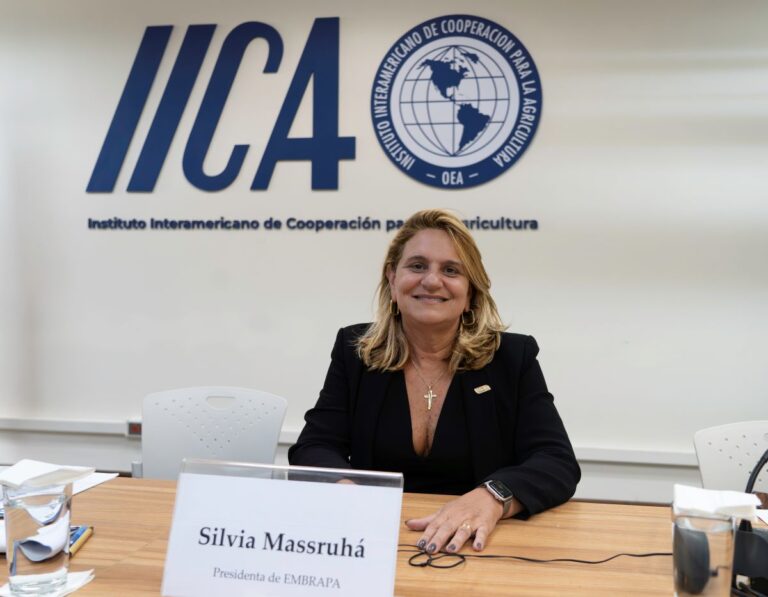Gathered at IICA Headquarters, the countries will seek to advance the coordination of actions focused on cross-border communication, the sharing of information and border controls; as well as public communication plans and coordination and cooperation between laboratories.
San Jose, XX April 2022 (IICA). The Inter-American Institute for Cooperation on Agriculture (IICA) is supporting technical coordination actions and the prioritization of efforts undertaken by Haiti, the Dominican Republic and the United States to prevent, control and eradicate African swine fever (ASF), a disease that threatens the income and, in turn, the food security of millions of agricultural producers across the Americas.
In fulfilment of a resolution by the Inter-American Board of Agriculture (IABA, IICA’s highest governing body, comprised of the Ministers of Agriculture of the hemisphere), the Institute is hosting a tripartite meeting of the technical missions of these countries at its headquarters in Costa Rica. In September 2021, the IABA requested that the Institute develop and implement projects in Haiti and the Dominican Republic aimed at eradicating ASF, and that it identify, together with other countries in the region, technical and financial resources that would allow for preventing the disease.
In 2021, African swine fever was detected on farms in the Dominican Republic and Haiti, which led the Institute to engage in immediate technical coordination with the countries to address the situation. African swine fever is a highly infectious hemorrhagic disease that affects both domestic and wild pigs and is harmless to humans. The disease had not had any presence in the Western Hemisphere for decades and there is currently no vaccine to combat it.
The purpose of the meeting in the Costa Rican capital is to identify potential collaborative actions to control ASF, with special emphasis on cross-border communication, the sharing of information and border controls; as well as public communication plans and coordination and cooperation between laboratories.
“We have high expectations to build a roadmap and work plan. To succeed in eradicating ASF and any other disease in the future, we must take on this responsibility”, explained Jesús de los Santos, head of the Dominican delegation.
Vilaire Guerrier, head of the Haitian delegation, explained that “this tripartite meeting affords a valuable opportunity to reflect on the threats posed by ASF to the region, the future of agriculture and the relationship between the countries of the region in addressing the disease, with the coordination and expertise of IICA”.
Jack Shere, head of the U.S. delegation, commented that his country’s decision to support the control and eradication of ASF in the Americas comes from the White House itself.
“Our perspective is that of a country that is eager to contribute to eradicating this disease. Our specialists are not here to tell Haiti and the Dominican Republic what to do, but rather to offer their knowledge to assist them in making their own decisions. I appreciate the countries’ great transparency and openness, as well as IICA’s role in facilitating this dialogue”, added Shere.
In starting off the meeting, Manuel Otero, Director General of IICA, noted that IICA fosters collective action to strengthen the agrifood systems of the Americas, in this case to deal with ASF and its potential consequences for the food security of thousands of pig farmers and their families across the region.

“Global consumption of pork is significant; it is a part of our food cultures, and its versatility makes it a unique and irreplaceable product. For this reason, ASF is an issue of great sanitary, economic, political and social relevance. We must improve our policies by applying science and innovation”, remarked Otero.
Más información:
Gerencia de Comunicación Institucional











